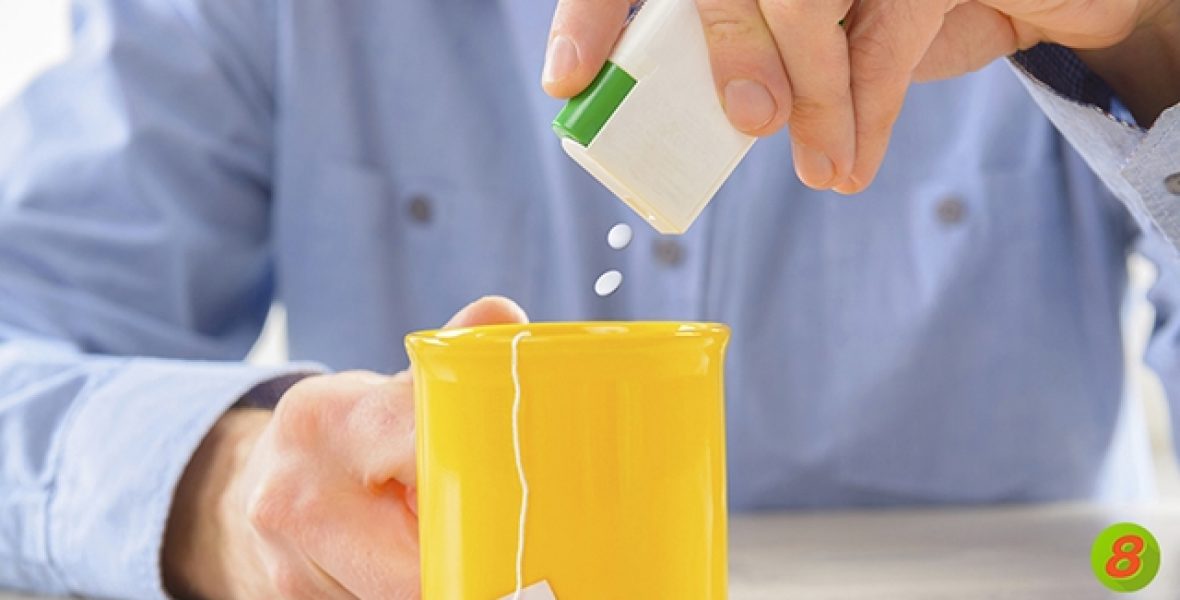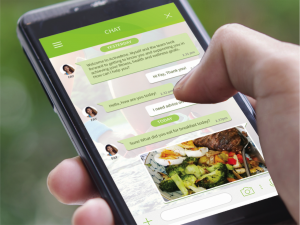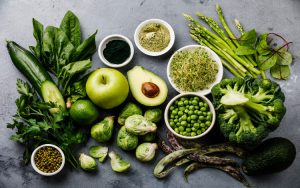We’ve written previously about the sweet truth about sugar and why it is such a serious issue. There is no denying there is an epidemic of obesity, diabetes and heart disease that is closely linked to the consumption of processed foods and refined sugars. Yet, despite this, many of you feel it is either impossible to give up sugar, and/or you don’t want to! As you stroll along the supermarket aisles, perhaps you thought ‘maybe artificial sweeteners could help me cut down sugar!’ Is this true? Here’s what research has to say.
What are artificial sweeteners?
If you’ve eaten products labelled ‘sugar free’ and realised its distinctive sweet taste on your taste buds, there’s a high chance it’s sweetened with artificial sweeteners. Artificial sweeteners such as Saccharine, Aspartame, Sucralose, and Stevia, can be found almost everywhere, and are 100 times or more sweeter than sugar. Some common names of artificial sweeteners include Splenda (Sucralose) and Equal (Aspartame). These are common additives in soft drinks, jams, sugar free cakes, sweets, and more.
Artificial sweeteners vs regular sugar
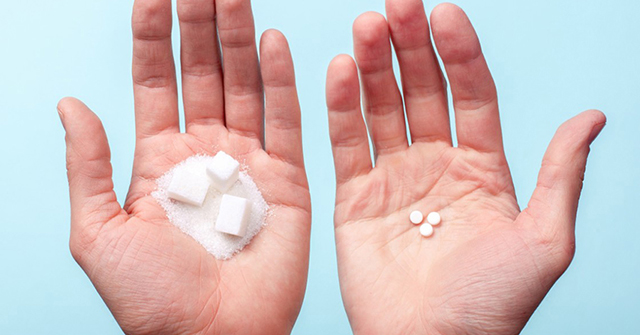
We all need energy to survive. This energy comes from carbohydrates and is absorbed and utilised by the body. Sugar is just the generalised term for sweet soluble carbohydrates. And it comes in many forms. Sucrose, glucose and fructose are three examples. Now some of this sugar is natural occurring (eg fructose which can be found in many fruits and vegetables). However, other sugar (eg sucrose) is man-made and processed. This type of sugar contains NO essential nutrients. Artificial sweeteners fall into this camp – let’s call that the “bad sugar” camp.
Is it safe?
According to extensive research, the 6 commonly used artificial sweeteners; Stevia, Aspartame, Sucralose, Neotame, Acesulfame-K, and Sucralose are safe and have been approved throughout the US and Europe. But the more pertinent question is not whether it is ‘safe’, but whether it is BENEFICIAL?! When it comes to this the conclusion is very clear – artificial sweeteners should be avoided like any man-made processed sugar. Here’s some reasons why.
Why should I avoid artificial sweeteners?
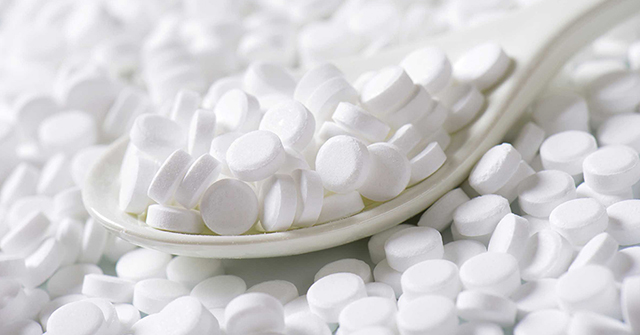
Empty Calories
Processed sugar like artificial sweeteners offer no nutritional benefit. It is a simple source of energy with no vitamins, minerals or antioxidants. They are ‘empty calories’.
May lead to weight gain
Numerous studies conducted have found that sugar in all forms enhances appetite as the body does not associate sweetness and calorie intake. One study found that Aspartame-sweetened drinks increased hunger ratings and a heightened motivation to eat. After added sugar spikes your blood sugar levels and gives you that ‘sugar high’, it is then followed by a sudden dip. This is because there is a slight delay in the feedback mechanism for the body to know when to stop producing insulin and turn the glucose into energy. This blood sugar dip causes (1) an immediate increase in appetite, which is usually remedied by eating more food (2) the production of cortisol in order to bring the blood sugars back up. Together, they begin the whole excess sugar / fat storage / metabolic decrease again. If the muscle energy stores are full, then excess sugars are converted into fat.
Potentially increase sugar cravings
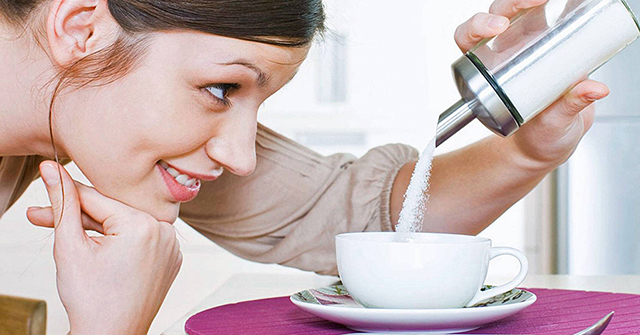
Many studies have suggested that processed sugars (like artificial sweeteners) do not activate the food reward pathways in the the same way natural sugars do. This means that you may find yourself craving your favourite sweet foods more often which can lead to an unwitting overconsumption of processed sugar, as well as addiction-like dependency on sugar for flavour.
Moreover, artificial sweeteners are a lot sweeter than natural sugars, which would help to curb cravings at first, but also increase your dependency on sugar in the long run.
Fueling diabetes
Extra sugar in the bloodstream can cause insulin resistance which leads to Type II Diabetes. And with 60% of the world’s diabetics in Asia, this is no small thing. This is an epidemic!. With insulin resistance, the body is working overtime to produce the insulin needed to convert the sugar into energy and keep blood sugar levels down. But the body can’t respond to let enough of the sugar (glucose) in the blood into the cells. Eventually, as insulin resistance becomes progressively worse, the pancreas can’t keep up with the demand of producing enough insulin to keep blood sugar levels down. At this point, blood sugar levels skyrocket and a diagnosis of type II diabetes follows.
Our thoughts
Sugar is not the enemy. Processed sugar is the enemy. And that includes artificial sweeteners. The sweet facts are clear in terms of the negative impacts. I have a very sweet tooth myself. So I understand why many feel it is impossible to give it up. I struggle here myself. But let me challenge both yourself and myself – is this not actually proof of the sugar cravings we just wrote about above?
There is a better way, and it is healthy nutrition. That can still be sweet, but hopefully not artificially sweet!
